jewish burial customs embalming
Burial is considered the best way to allow the body to decompose naturally. Jewish law prohibits Cremation and embalming.
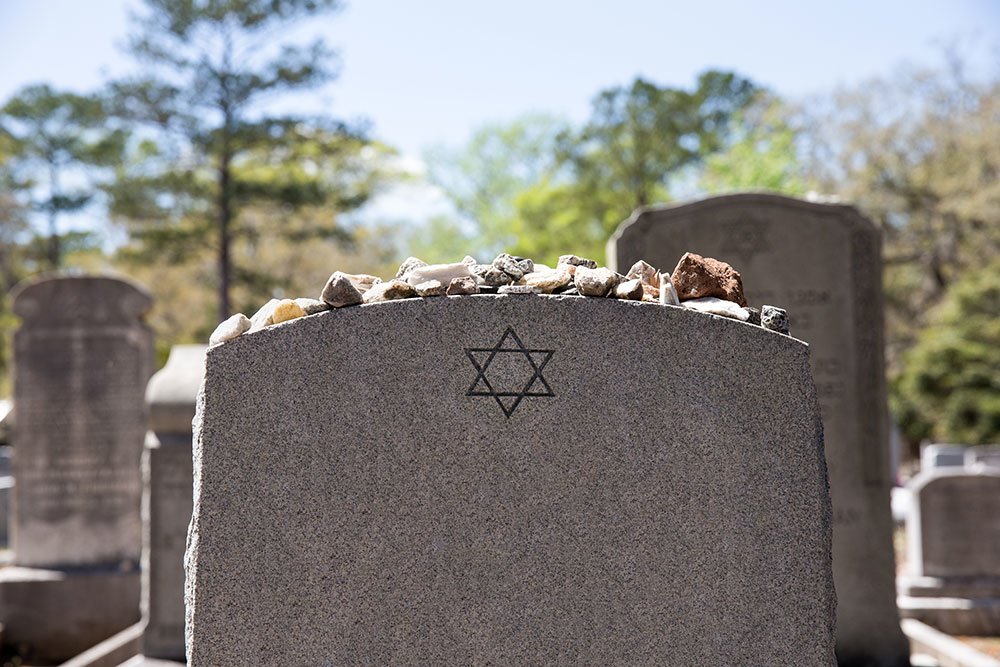
Jewish Burial Customs Welcome To Willowbrook Cemetery Located In
Aside from the Chevra.

. The casket is usually closed and the funeral service conducted. For this reason embalming is prohibited. Once this was done relatives and friends could come to the home to say goodbye to the deceased for the last time.
Normally the earth over a Jews grave should not be disturbed and disinterment is forbidden. Jewish funerals emphasize simplicity to avoid embarrassment for the poor. We discuss the funeral process and answer some of the most common questions about a Jewish funeral.
Bender Beliefs Rites and Customs of the Jews Connected with Death Burial and Mourning in Jewish Quarterly Review 1894 and 1895. The Jewish funeral consists of a burial also known as an interment. For some people the idea of a green burial is still a fairly novel concept.
Naturally Green Jewish Burial Rituals. Embalming is the artificial treatment of a corpse to prevent or delay its putrefaction. The body of the deceased is washed thoroughly.
A Jewish funeral ceremony is called a ceremony is called a Levayah accompaniment. The hands and feet were tied with strips of cloth. As such no embalming is allowed and the funeral is typically closed casket.
Where a grave is opened or disturbed by the elements desecration or other causes customs impose the immediate re-burial of the remains. Both embalming and cremation are traditionally forbidden though many Jewish communities. When it comes to cremation the different movements of Judaism differ in their laws.
A Jew should be buried only among fellow Jews in a Jewish cemetery. According to Jewish law the body is washed and not embalmed. Traditional Jewish funeral customs will not display the deceased body.
A group of Jewish men and women known as the Chevra Kadisha oversee this process ensuring that the body is protected and prepared according to Jewish funeral customs. Jewish Burial Customs 1. Burial is intended to take place in as short an interval of time after death as possible.
The burial is an important part of Jewish funeral customs. The Hebrews buried their dead immediately no later than a day after the person passed away. The range of Jewish customs on this point is very broad now and in some Jewish communities especially in North America there are no.
The deceased is buried wearing a simple white shroud tachrichim. Later we talk about customs on burial mourning prayers and provide some recommendations on funeral. Jewish tradition regards it as a matter of great importance that only fellow Jews should handle the body of a deceased Jew carry or wheel the casket place the casket in the earth and fill in the grave.
Traditional Jewish funerals use only natural. The traditions rituals and customs for Jewish burials provide that the body is buried in a plain and unordained wooden casket. The community frowns on complicated and.
However Jewish burials may be delayed while arrangements are being made. A casket must not be made of a material such as metal that slows down the bodys natural return to the elements. Jewish Death Rituals According to Jewish Law.
However many groups around the world have been practicing eco-burial traditions all along. Jewish funerals happen quickly and are very simple. Burial is considered to allow the body to decompose naturally therefore embalming is forbidden.
As per Jewish law the body is washed Tahara but not embalmed before being buried in a plain shroud in accordance with Jewish tradition. It is called this way because at Jewish funeral traditions calls for accompanying the body to the place of burial. According to the Jewish Encyclopedia this custom stems from the Mosaic Law which ordered that any person hung from a tree or cross as a form of execution should be taken down and buried within a day after death.
By prohibiting embalming and unnecessary delay in burial Jewish tradition draws a very distinct line between respect for the dead and worship of the dead. 76082 Centuries earlier Jacobs beloved wife Rachel died while Jacob and his family were on a journeyRather than bring her body back to their family burial place Jacob buried her in a grave on the way to. The Gospels and the book of Acts record at least four burials that took place on the day of death.
There are also strong Jewish beliefs around cremation namely that cremation isnt allowed. Whether youre going to attend a Jewish funeral or just curious about the topic this guide will give you all the important traditions. Here are a few common Jewish burial customs and Jewish death rituals.
Jewish law prohibits embalming a person even when embalming is specifically requested in a will. Jewish burial timing encourages families to complete the burial as soon as possible. At the funeral when the casket is lowered into the grave Jewish funeral etiquette dictates that family members will be asked to each help fill the grave with dirt.
So important is this principle that Jewish law prohibits the embalming of a person even where he has specifically willed it. What are some Jewish burial customs. A Jew should be buried only among fellow Jews in a Jewish cemetery.
It is traditional. Wiesner Die Leichenbestattung in Thalmudischer und Nachthalmudischer Zeit in Ben Chananja 1861 pp. In ancient Egypt the technique consisted according to Herodotus of using an iron hook to draw out the brain through the nostrils and then making a cut along the flank to remove the abdominal contents which were washed and soaked in palm wine and infusions of spices and then.
For some natural burials are intertwined with their religion and a belief that the human body should return to the earth as quickly as. By the time of Christ the custom was that the body was elaborately wrapped in a shroud and the face was covered with a special cloth called a sudarium. The deceased is buried in a simple pine coffin.
According to Jewish funeral traditions around honouring the dead known as kvod hamet the person who has died should be buried as soon as possible. Disturbance of the inner organs sometimes required during the embalming procedure is strictly prohibited as a desecration of the image of God. The deceased can in no wise benefit from this procedure.
The body is guarded or watched from the moment of death until after burial.

Do Jewish People Embalm Chicagojewishnews Com

What Happens During The Embalming Process Legacy Com

So You Wanna Build A Casket Northwoods Casket Company Casket Wood Casket Body Molding

Embalming Definition History Process Britannica
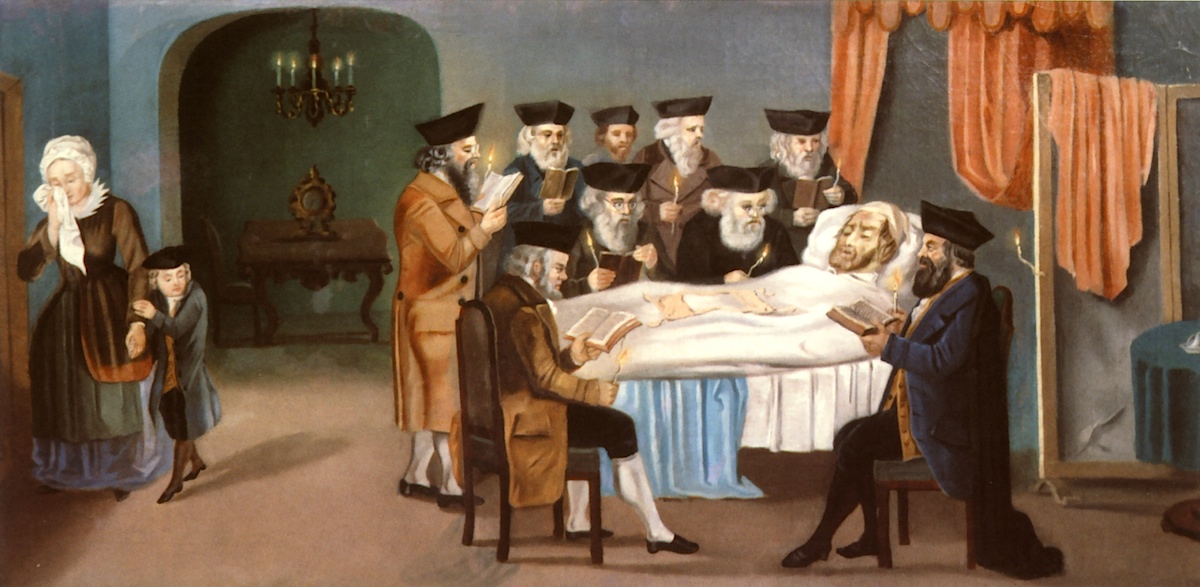
Jewish Traditions For Death Burial And Mourning Rohatyn Jewish Heritage

Coffins Hearses And Other End Time Curios The New York Times

Cosmetics Kits Cosmetic Kit Cosmetics Mortuary

Embalming Everything You Need To Know With Photos Videos

Our Mummified Patriarchs Jacob And Joseph Thetorah Com
From Coffins To Caskets An American History Coffin Works Home Of Newman Brothers Museum
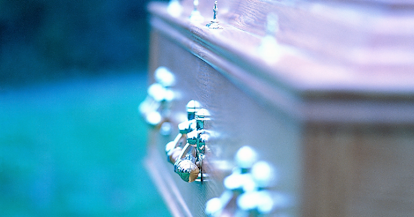
Embalming Everything You Need To Know Cake Blog

Is It Necessary To Embalm A Body

How Was Jacob Embalmed Is It Against Torah Questions Answers
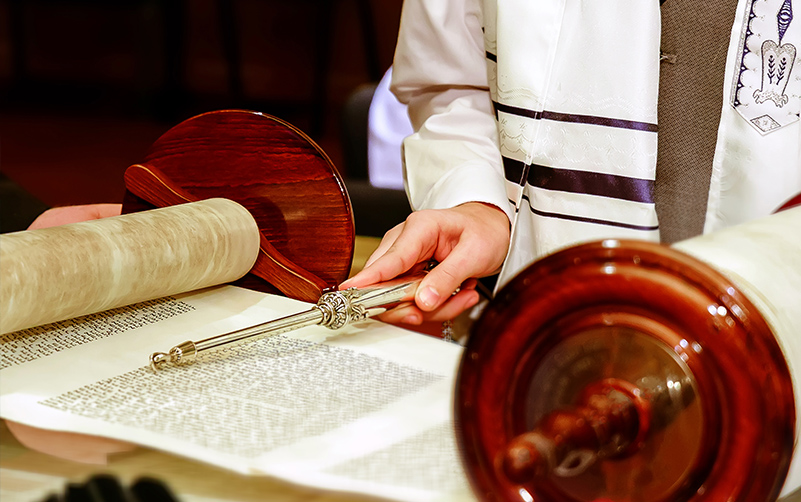
Jewish Funeral Customs Funeral Partners
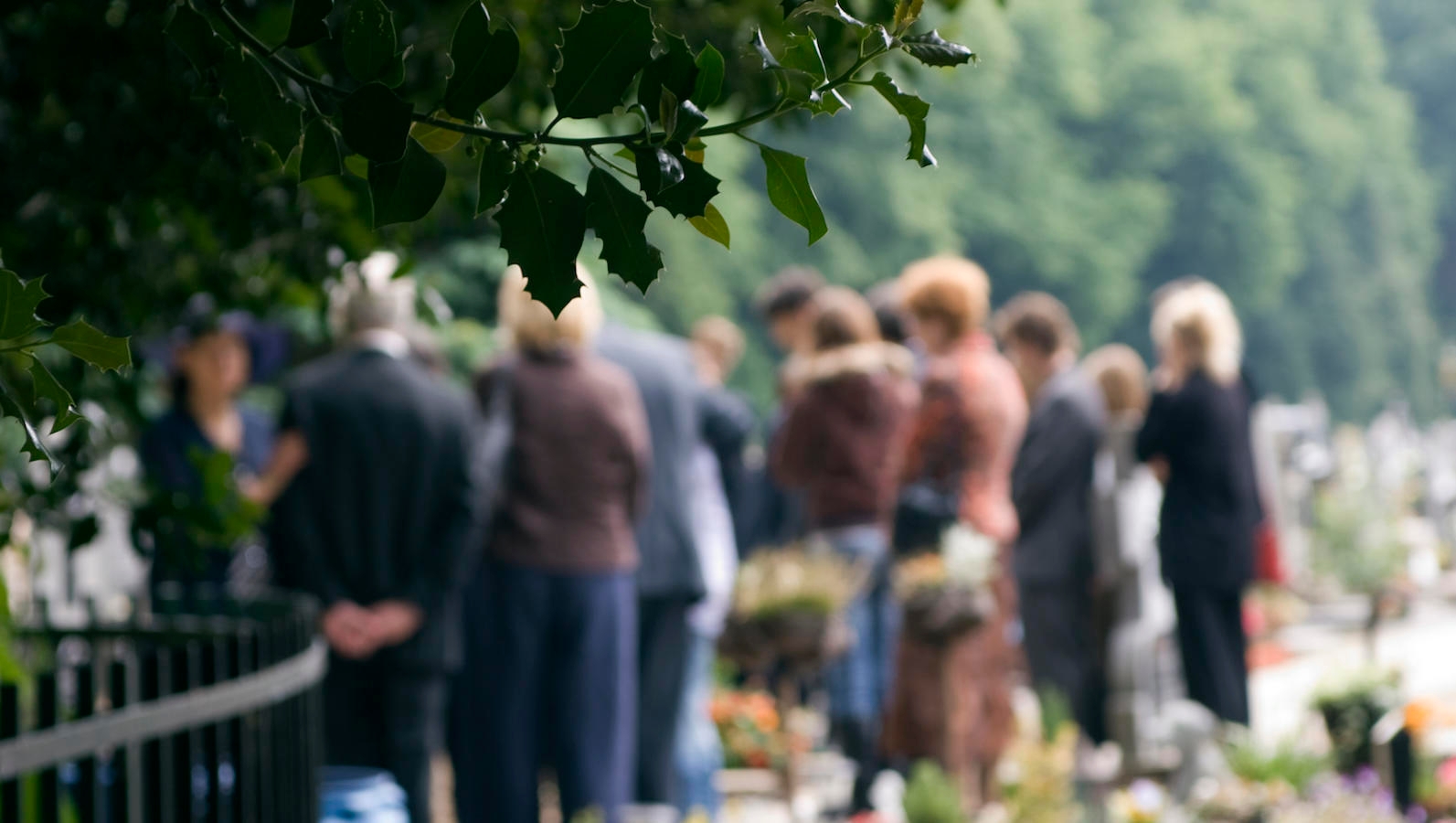
Jewish Mourning Faq My Jewish Learning

Indonesian Villagers Dig Up Dead Relatives And Give Them New Clothes Corpse Mummified Body Indonesia
